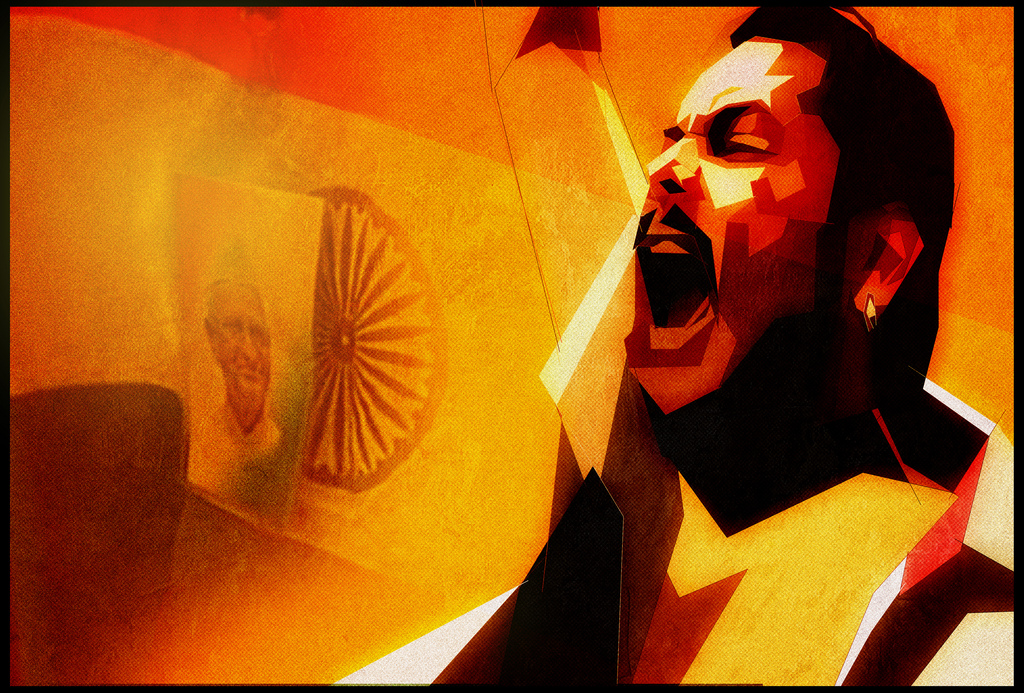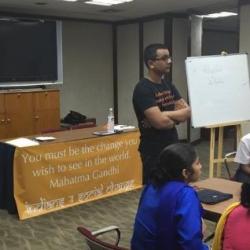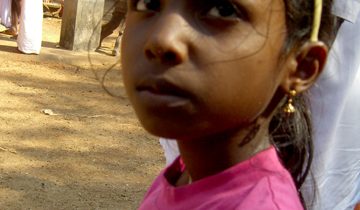Indian Supreme Court Finally Takes Action on Hate Speech Among Influentials

The Indian Supreme Court has asked for an investigation, and possibly guidelines, on hate speech made by political, social, and religious leaders. The Pravasi Bhalai Sanghatan, a non-governmental organization, had asked the Supreme Court to issue guidelines. They believe hate speech is detrimental to democracy and threatens the social fabric of the country. Pravasi Bhalai submitted a Public Interest Litigation (PIL) against two states, Maharashtra and Andhra Pradesh, where they believe hate speech was ignored.
There are laws already in place to protect against provocative speech during election time, but Ravi Chander Prakash, Pravasi Bhalai’s lawyer, believes they are not enough: “During election time, when the code of conduct is in place, the Election Commission has the powers to derecognize (political parties) if they make provocative speeches. The problem arises when the model code of conduct is not in place, and the Election Commission is not watching.”
Just last week, the Supreme Court dismissed another PIL saying that hate speech was a right protected by the constitution. At this verdict, they said that a “mature” democracy should be able to handle such cases on their own. This statement is true. However, the thing they are wrong about is calling India a mature democracy. A country where corruption and disenfranchisement plague the democratic process is not a mature democracy. In these instances, it is important for certain checks to be laid out to protect the minorities.
If the fact that hate speech is offensive isn’t enough of a reason to take action, author Nilanjana Roy makes an argument that might get some people to start thinking:
The conversations on free speech in India tend to move in predictable directions: the common belief that free speech is a western idea, which is easily rebutted considering India’s long tradition of dissent and debate. Or that India needs to be careful, given the very real possibility of violence/riots, which is not so easily combated because it is so true.
Riots are a very real reason to curb hate speech, and last year’s instance in Uttar Pradesh where hate speech led to riots, and some politicians were actually arrested, proves the very real danger of allowing influential politicians the freedom to offend. However, it would be better to take preventive measures, than these post-crisis ones, so that instances like this can be avoided.
In an ideal democracy, in order to make a better country, voters would not elect bigoted members of the government, but Indian democracy is far from ideal. Any step taken to ensure that politicians don’t take the concept of “majority rule” too far is a step in the right direction. It is time that politicians are held accountable outside of the ballot box, which is already a highly corrupt process that uniquely disfavors those that hate speech popularly targets. It will be interesting to see what the investigation concludes is the right punishment and procedure for hate speech among influentials, but unless strict guidelines are set, politicians will continue to use their podiums to instigate negative passions.
[Image Attribute: Flickr User- ssoosay]




